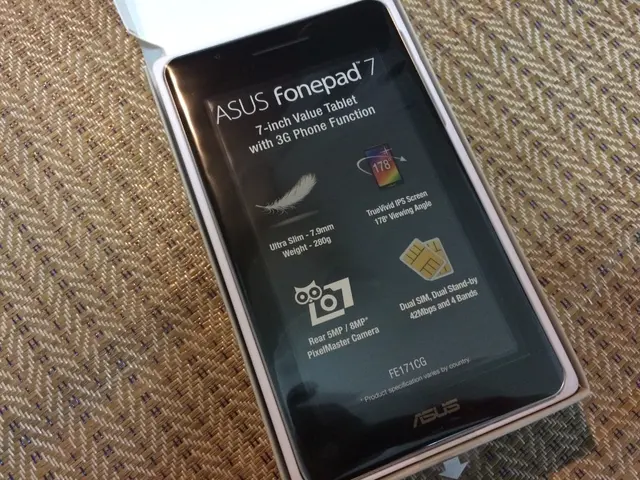Qualcomm-financed research indicates that Apple's C1 modem performs at a slower pace; however, there's a twist in the tale.
Apple's newest smartphone, the iPhone 16e, recently hit the market, featuring the company's first in-house C1 modem. However, a comparative analysis commissioned by Qualcomm pits the iPhone 16e against two unspecified Android devices in terms of 5G connection capabilities.
The test involved placing all three devices in various real-world environments around New York while connected to T-Mobile's sub-6GHz network. The devices were tested under near, far, and mid-cell conditions to produce comprehensive results.
Based on the report's details, it's plausible to assume that the Android devices under comparison were the January 2025 flagship with an X80 modem and a $799 price tag, and the January 2024 flagship with the older Snapdragon X75 modem and a $619 price tag. As a result, it can be inferred that the Android devices examined were likely the Galaxy S25 and Galaxy S24, respectively.
The study uncovered that Android phones provided a 34.3% to 35.2% faster download speed and an 81.4% to 91% faster upload speed compared to the iPhone 16e. Notably, all devices displayed somewhat comparable 5G performance under ideal, near-cell conditions. However, performance deltas became increasingly pronounced as signal conditions worsened.
The disparity in performance is suggested to be due to Qualcomm modems supporting downlink carrier aggregation and uplink carrier aggregation features, which C1 modem lacks. Additionally, the C1 modem lacks mmWave 5G support, a feature typically found in urban areas and offering the fastest speeds.
Despite the findings, it's important to approach this comparison with a degree of skepticism. First, Qualcomm commissioned the report, which may introduce a level of bias. Second, the test was limited to a single network. Contrary findings were observed in an Ookla comparison, where the iPhone 16e modem surpassed the iPhone 16 on all networks.
Lastly, it's crucial to remember that Qualcomm has been a leader in cellular modems for over a decade. Given this background, it is improbable that Apple's first modem would outperform Qualcomm's hardware completely.
In summary, while the iPhone 16e performs well under ideal conditions, it may struggle in less optimal environments compared to Android devices using Qualcomm modems. This is partly due to features like FDD+FDD ULCA, available in Qualcomm modems but not in Apple's C1 modem. For T-Mobile users in areas with poor coverage, investing in one of the top Android phones may be beneficial. However, city dwellers with better coverage may not notice a significant difference in 5G connection.
- The report suggests that Android devices with Qualcomm modems, such as the January 2025 flagship and the January 2024 flagship, have faster download and upload speeds than the iPhone 16e, particularly in less than ideal signal conditions, due to features like FDD+FDD ULCA.
- In contrast to the study's findings, a comparison by Ookla showed that the iPhone 16e modem outperformed other devices on all networks, which underscores the importance of considering multiple perspectives when comparing smartphone technologies and manufacturers.






